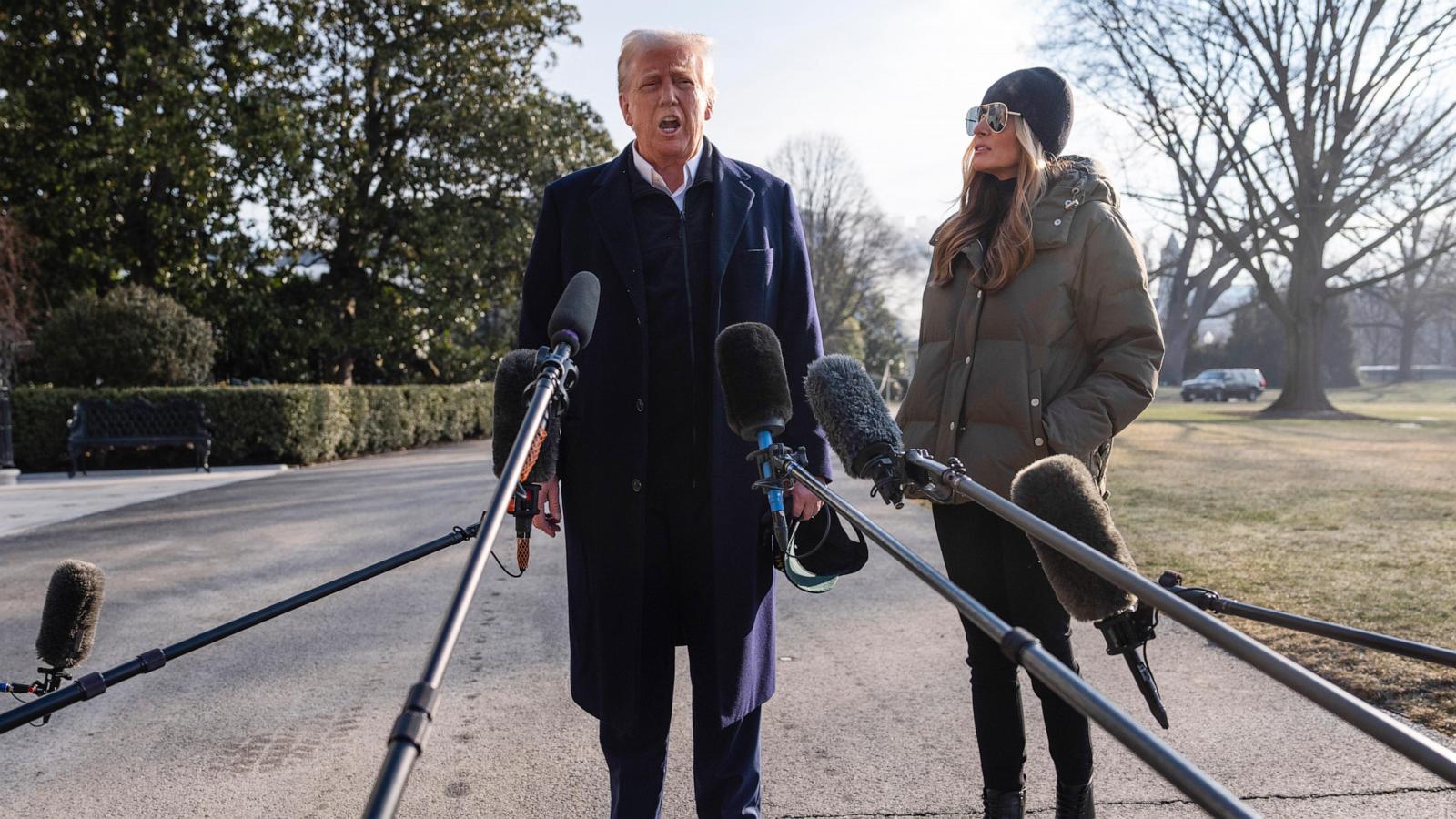Trump's Bold Gambit: Can Lowering Oil Prices End the Ukraine War?
President Trump's audacious plan to pressure OPEC+ into slashing oil prices to cripple Russia's war machine has ignited a firestorm of debate. Is this a stroke of genius, a risky gamble, or simply wishful thinking? The world watches as Trump, employing his signature unconventional tactics, attempts what his predecessor, President Biden, couldn't: using economic leverage to bring an end to the brutal conflict in Ukraine. Will Trump's unique relationship with Saudi Arabia be the key to unlocking a solution, or is this a battle he simply can't win?
OPEC+, Oil Prices, and Putin's War Chest
Trump's strategy hinges on a simple, yet powerful, idea: choking off Russia's oil revenue. By pushing OPEC+, the powerful alliance of oil-producing nations, to significantly lower oil prices, Trump believes he can severely diminish Russia's ability to fund the war. This is a high-stakes gamble, as many industry experts raise doubts about the Saudi and other nations' willingness to drastically change their production levels given their own economic and geopolitical circumstances. While some believe this direct approach could create sufficient pressure on the Kremlin, it risks disrupting the delicate balance of the global oil market, possibly provoking far-reaching consequences beyond the confines of this geopolitical crisis. Russia's Kremlin spokesman, Dmitry Peskov, has firmly dismissed this approach, stating that the ongoing conflict is not linked to oil prices, and rather tied to alleged threats to Russia’s national security, and other claims that may not align with commonly understood conflict motivations.
Can Economic Pressure Force Putin's Hand?
The effectiveness of economic sanctions as a tool for compelling foreign governments is a longstanding area of disagreement among international relations experts. There is disagreement whether purely financial pressures can affect motivations of autocratic leaders. The complexities of modern geopolitical conflicts may undermine the potential for any pure economic measure to change national actions or leadership decisions. However, history shows that economic pressure has forced negotiations and shifts in foreign policy before. What will the impact be in this specific case? There are several other reasons outside economic pressures affecting the conflict.
The Saudi Connection: A Critical Relationship?
The success of Trump's strategy heavily relies on his perceived strong relationship with Saudi Arabia's Crown Prince, Mohammed bin Salman. Trump’s ability to persuade the Saudis – a critical player in OPEC+ – will be decisive. Critics point out that Trump, despite his claim of improved relations, still makes a "huge ask" from the Saudis, a country with substantial domestic economic pressures of its own, and not purely foreign relations concerns. These are valid considerations. But the Saudis face a potential conflict between helping America solve a foreign policy problem or focusing on their domestic affairs and possibly aligning with Russia instead for trade and other economic incentives.
Biden's Failed Attempt: A Lesson for Trump?
Trump's actions provide a stark contrast to President Biden's approach. Biden's attempts to influence global oil markets met with a firm rejection from the Saudis, highlighting the challenges involved in using economic tools to influence geopolitics and the possible different results from the two different approaches by the two Presidents. Whether this contrast signifies a genuine difference in efficacy or simply reflects the different relationships between the US and the leadership of Saudi Arabia and other nations in OPEC+, remains to be seen. Nevertheless, this provides an essential backdrop for assessing the possibility of Trump's strategy succeeding where Biden failed.
The Long Game: Beyond Oil Prices
While lowering oil prices is the focal point, Trump's strategy also involves broader negotiations with Russia and an emphasis on a possible Israeli-Saudi peace deal, with many billions of dollars in proposed investments into the United States by Saudi Arabia during and in the aftermath of negotiations.
Can Peace Talks and Trade Deals Achieve More?
Trump’s strategy may be interpreted as playing the long game, using the pressure of potential trade deals and investment to leverage broader diplomatic solutions. Combining economic incentives and peace-building can prove more persuasive, and thus achieving his objectives through indirect strategies could prove to be the ultimate achievement that the direct approach using only economic pressures might not achieve.
Take Away Points
- Trump's strategy of using OPEC+ to lower oil prices and put pressure on Russia is a high-stakes gamble with uncertain outcomes.
- His perceived strong relationship with Saudi Arabia may be crucial to his success, although economic realities and geopolitical factors greatly impact such relationships.
- The strategy presents a contrast to President Biden’s failed attempts, emphasizing the nuances and unpredictability of economic diplomacy.
- The long-term implications of Trump’s actions extend beyond just influencing oil markets and involve negotiations towards achieving broader geopolitical objectives.




